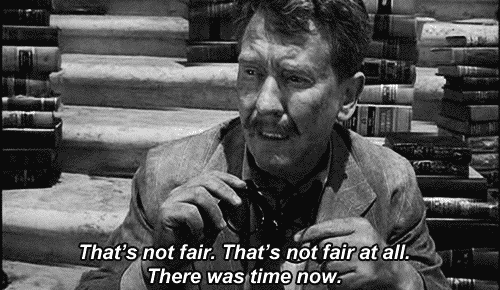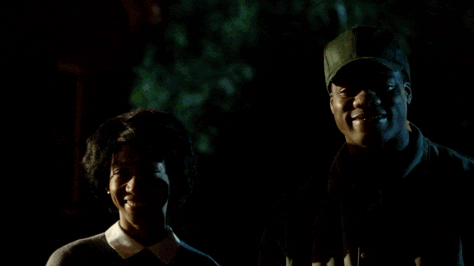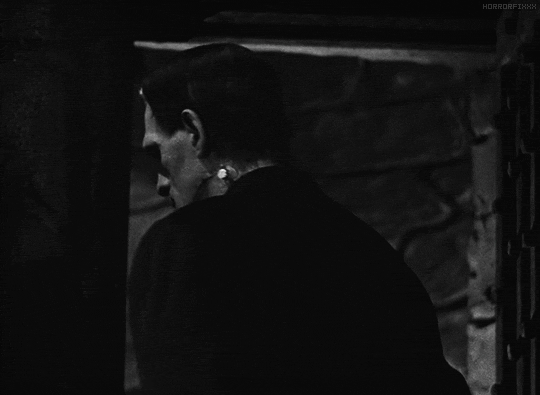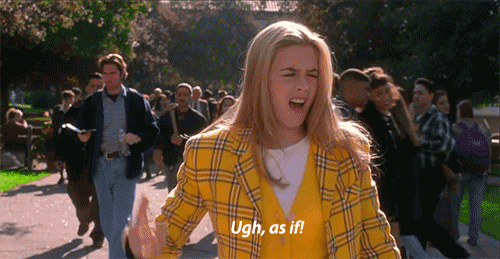#i’m sorry if frankenstein does not fall into this movie category i’m not as well versed in horror ahdkjd
Text
Sci-Fi Isn’t ALL About Aliens
sci·ence fic·tion
ˈsīəns ˈˌfikSHən/
noun
fiction based on imagined future scientific or technological advances and major social or environmental changes, frequently portraying space or time travel and life on other planets.
a form of fiction that draws imaginatively on scientific knowledge and speculation in its plot, setting, theme, etc.
I only added the definition so that we’re all on the same page while I express my free thoughts, i.e. rant.
Obviously, by my blog name/title, you should know by now that I’m a huge fan of literature (and film media, basically any type of form of storytelling), but it irritates me to see people using the same type of Sci-Fi, i.e. space and aliens.
Don’t get me wrong though, I absolutely love humans colonizing other planets only to be met with conflict of some sort (that’s good storytelling if you write it well), but honestly it’s been getting old because a lot of sources use the same style of plot which makes nearly every space movie seem the same. I just wanted to show some of my favorite types of sci-fi stories (shows, movies, and books) that weren’t all about aliens, because sometimes we forget about the cleverness of sci-fi if it doesn’t have aliens or space wars (I’m looking at you Star Wars).
Quick Side Note: Science Fiction and Fantasy are two different things
1. The Twilight Zone (1959 TV Series)

The Twilight Zone does have episodes where it has to do with space, aliens, and even invasion by aliens, but I included it because it has plenty of episodes about humans and how they are affected by their surrounding situations. The Twilight Zone not only made it’s audience question nearly everything, but it also made you question yourself and how you saw yourself in the world around you (this was a common theme for most Sci-Fi stories during this time); episodes like these would even surprise us more than we thought, which of course made The Twilight Zone one of the most famous shows throughout history. Sci-Fi during the age of The Twilight Zone was inspired a lot by not only the idea and mysteries of space but also by the enormous amount of questions of “What if...?”. But the best part of the series was not only the storytelling but the short epilogue that the narrator would leave the audience with. It made you feel wary and a bit forlorn after the stories ended with a sense of despair for the characters that the tales were about.
Spoilers Ahead:
In the episode “Time Enough At Last” we watch as a humble man struggles to get time for himself to simply read. By the end of the episode, an H-Bomb goes of and demolishes the entire area while the man was knocked unconscious in the bank’s vault that he worked at. After exiting the vault he realizes that the world around him is destroyed, but after a while, he quickly realizes that he now has all the time in the world to finally read in peace. While organizing all of the books he could ever want to read, he stumbles and drops and breaks his glasses. This makes it nearly impossible for him to see, which in turn ends the episode on a more depressing note. This episode may not seem much of a Sci-Fi based one, but it does show how one man reacts to the end of the world. Throughout the episode, you are given small hints of an impending apocalyptic situation. The bomb that was set off destroyed everything except for one man making the question of this episode, “ What if you were alone in the world?” or “What would you do with all of the time in the world?”. It may not seem like a hard sci-fi but it does fit with the fact of “major social or environmental changes” which are directly caused by the H-Bomb. The H-Bomb was a direct cause of the Apocalypse that we see at the end of the episode, except that we only see it from the POV of an introverted bookworm who only wants to read.
2. Get Out (2017 Movie)

For some reason a lot of people I talk to don’t see Get Out as a sci-fi movie? I’m here to tell you it’s clearly a sci-fi movie; it clearly has the characteristics AND actually shows you it’s own scientific theories that are played out in this world.
Quick Side Note: If you haven’t already seen Get Out then maybe you should check it out, especially if you like Sci-Fi/Horror films. It’s a treat of a film and seriously compelling.
Get Out was not only a captivating movie because it brought about a serious debate about race and how people saw each other, even when they thought they weren’t racist in any way (sorry to get political but this movie has a sense of politics and race surrounding), but it was a BRILLIANTLY told Sci-Fi film. As I said before a lot of people debated what category this movie qualified as (Somehow it was narrowed down to Mystery/Horror) but it’s still a Sci-Fi movie at the end of the day. (This is why I added the definition at the start of this post.)
Mild Spoilers Ahead:
Get Out is Sci-Fi because it gives a scientific theory in the story and it follows through and even proves to the audience that in this world this theory is proven and comes true. Get Out reminds me of old school Sci-Fi (i.e. Twilight Zone) was it factors around the thought of “What if people could live forever by...?” (I don’t want to directly spoil everything). This was the scientific theory that was proven in the climax of the movie, but nonetheless, it was science and because it is something that isn’t proven to be applied today (and hopefully never be applied) it can easily be qualified as Sci-Fi. The idea of Get Out was something that you would see in Twilight Zone (or Black Mirror for people who like the more modern stuff). This movie proves that you can have a likable Sci-Fi film that doesn’t have to involve aliens or even the mention of space (it was rated 99% on Rotten Tomatoes).
But seriously if you haven’t seen Get Out, GO WATCH IT NOW!
3. Frankenstein: The Modern Prometheus (1818 Novel)

Quick Side Note: The GIF is from the 1931 Frankenstein Movie
Frankenstein is a classic (literally, I mean it did come out in 1818) story that is categorized as Gothic Fiction, but sometimes also Science Fiction (which is true of course).
Quick Side Note: The primary narrator is Robert Walton, who, in his letters, quotes Victor Frankenstein’s first-person narrative at length; Victor, in turn, quotes the monster’s first-person narrative; in addition, the lesser characters Elizabeth Lavenza and Alphonse Frankenstein narrate parts of the story through their letters to Victor. (Found on Spark Notes: Frankenstein: Key Facts)
Spoilers Ahead?: I mean if you haven’t read a book that’s this old, then that’s on you. I mean isn’t this everyone's summer/class reading assignment at some point in high school?
Frankenstein, from my knowledge, is one of the earliest forms of Sci-Fi. It is an amazing story with complex layers for storytelling and character development that, like The Twilight Zone and other Sci-Fi stories, begs the question “What if man (i.e. humans) could create life?” or “What if that created life took revenge?” or “What are the consequences of playing God?”. I’m sure you get my point. There are literally so many questions that could be answered through this book, which proves how detailed and captivating this story is. Another thing that qualifies this story as Sci-Fi is the fact that (like in Get Out) it has a scientific theory that is proven. In the story, Doctor Frankenstein researches and studies the creation of life. I believe at some point in the story they actually talk about how he studied and the books read or classes he took? (Sorry, it’s been about 2 years since I’ve even glanced at the story, I can’t remember all the details.) They even give details about his workshop and where he created the monster so that the audience has an understanding of the conditions he worked under in order to complete his “dream”. Of course, after his theory was proven, and his creation came to life, he was quickly disgusted and frightened by what he’d done (which in turn causes the conflict we see later in the story). The majority of the story does fall directly under the category of Gothic Fiction, but because of the aspect of creating life through science it could also qualify as Sci-Fi, if you’re as determined as me.
I’m only going to list the three Sci-Fi examples because they are from three types of media. I just wanted you all to get the idea that there are amazing stories that are (or could) qualify as Science Fiction. I know lately, a lot of people tend to (for some reason) look down on Sci-Fi stories. Most audiences think that there need to be aliens, space wars, mind powers, or some abnormal disaster in order for it to be categorized as Science Fiction. I tend to appreciate the more human vs. human type of science fiction or something of that sort. Don’t get me wrong, I’m all for Jedi mind tricks and humans fighting against invading aliens, but I’d, sometimes, just like for people to stop making the “UGH!” face when they here the words: Science Fiction.

#writers on tumblr#science fiction#scifi#personal rant#sorry not sorry#get out movie#the twilight zone#frankenstein#mary shelley#mary shelly's frankenstein#my writing#my post#alien#aliens#space
2 notes
·
View notes